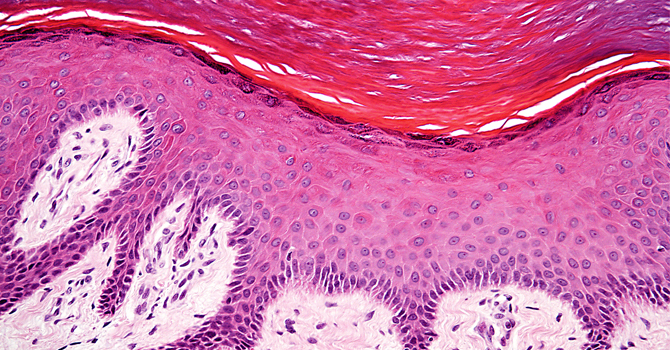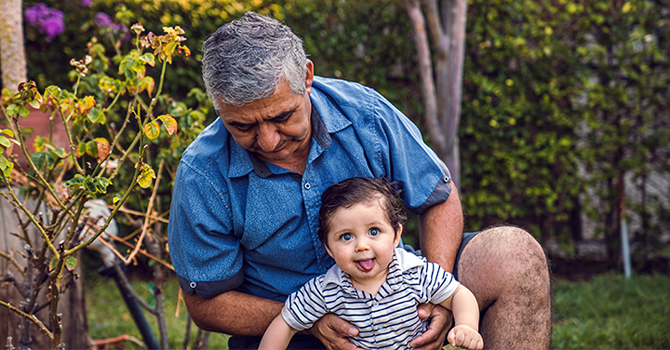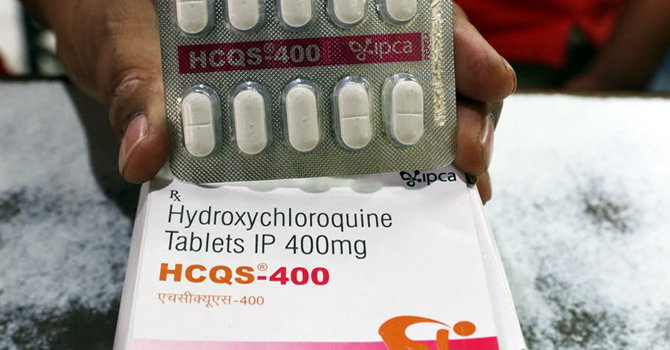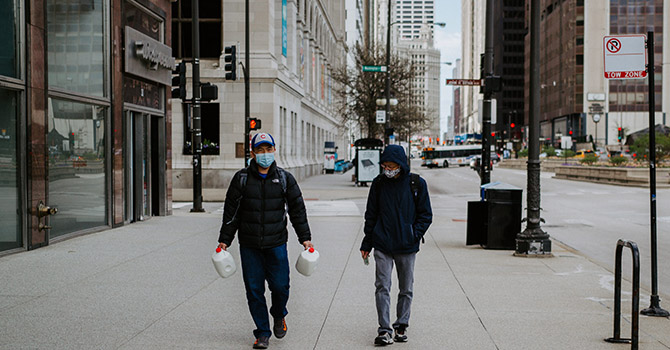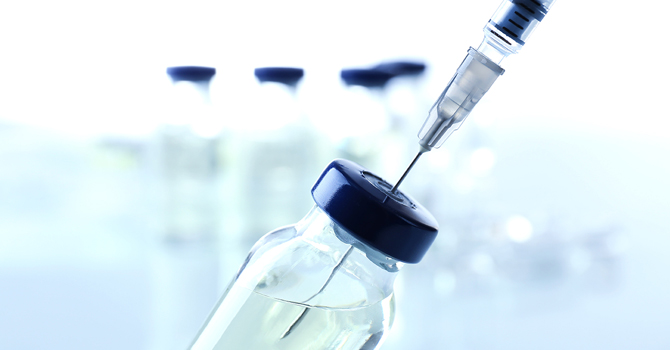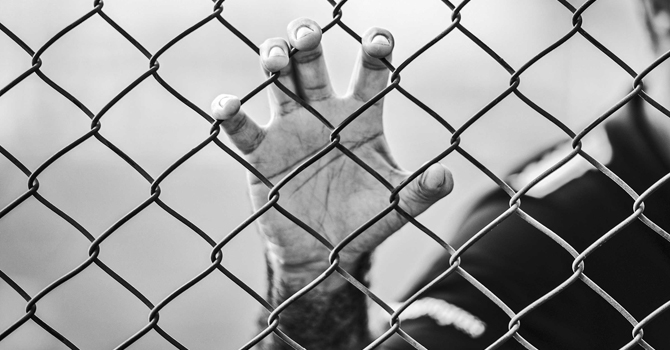
Mental Health, Incarceration, and COVID-19
Chanese A. Forte
In the US, ten times more people with mental health disorders are in jail or prison than in mental health facilities. The coronavirus pandemic further complicates this matter, putting incarcerated individuals at increased risk of infection.

